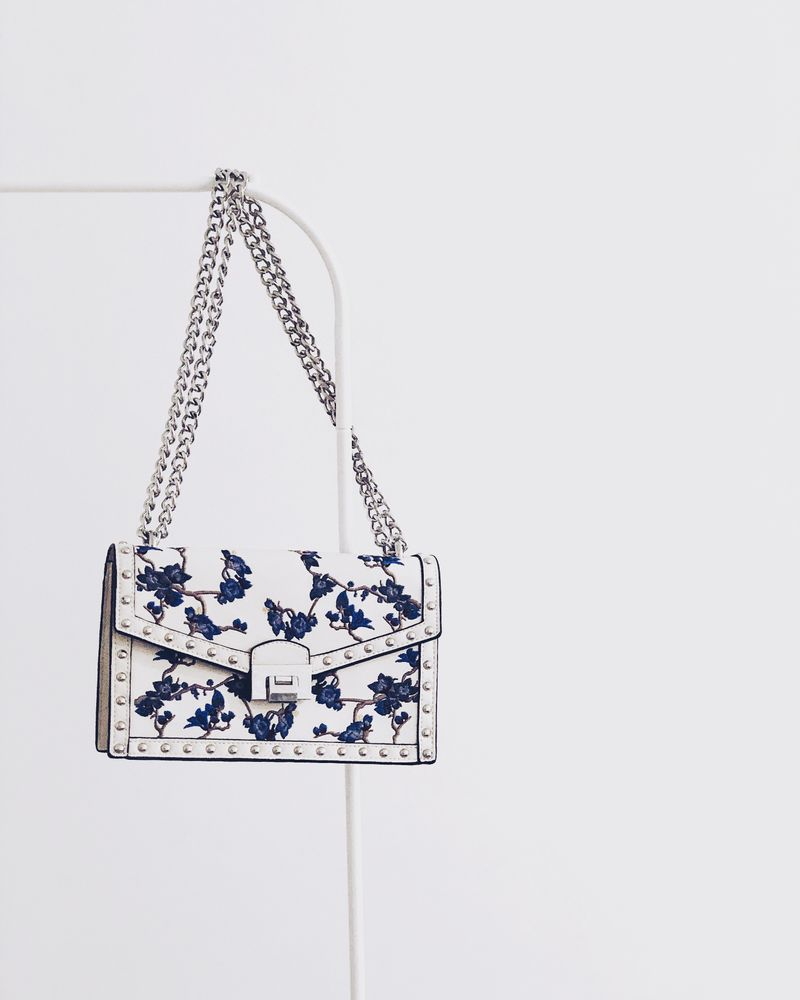Woody Allen’s Reception at Venice Film Festival
Woody Allen’s return to the Venice Film Festival generated mixed reactions, with cheers, praise, and protests. His new film, “Coup De Chance,” entirely in French, received positive reviews from critics, with many calling it his best work in a decade. However, protests erupted on the red carpet as demonstrators tried to gain access. Allen, who has been accused of molesting his daughter Dylan, has faced backlash and condemnation since the #MeToo movement gained momentum. Despite the controversy, he continues to be a favorite at European film festivals.
The Controversy Surrounding Woody Allen
Woody Allen remains a controversial figure due to the allegations of molesting his daughter Dylan. While he has consistently denied these claims, he has faced considerable backlash and has been shunned by Hollywood. No charges have ever been brought against him, but the allegations have resurfaced with the #MeToo movement. Hollywood’s response to Allen’s work reflects the industry’s commitment to supporting victims and holding individuals accountable for their actions.
Allen’s Reception at the Venice Film Festival
At the Venice Film Festival, Allen received both praise and protests. He was greeted with standing ovations and rapturous applause at the premiere and press conference. However, protestors disrupted the event, reflecting the ongoing debate surrounding Allen’s presence in the industry. Despite the controversy, Allen expressed his support for the #MeToo movement, acknowledging its benefits for women while also criticizing aspects he deems as “silly.”
Allen’s Reflections on Cancel Culture
In an interview with Variety, Allen commented on the culture of “canceling” individuals in society. He stated, “I feel if you’re going to be cancelled, this is the culture to be cancelled by. I just find that all so silly. I don’t think about it. I don’t know what it means to be cancelled.” Allen’s dismissal of cancel culture aligns with his belief in focusing on his work and letting his movies speak for themselves. He stands by his contributions to the industry, particularly his creation of substantial roles for women and equal pay for female crews.
Editorial: Woody Allen and the Complicated Legacy of Artists
The presence of Woody Allen at the Venice Film Festival raises complex questions about how society reconciles the art and the artist. His films have undeniably left an indelible mark on cinema, captivating audiences for decades. However, the serious allegations leveled against him cast a shadow over his work and evoke moral and ethical dilemmas.
It is challenging to separate the art from the artist. On one hand, appreciating and championing an artist’s work can be seen as condoning their actions, sending the message that talent and creativity excuse reprehensible behavior. On the other hand, divorcing the artist from their art risks erasing cultural contributions and depriving audiences of experiences that might have enriched their lives.
Ultimately, the question of whether to support or reject the work of an artist with a controversial past falls to individual conscience. Each person must grapple with their own ethical boundaries, considering the weight of evidence, personal values, and the impact of collective judgement.
Acknowledging the Power of Context
When evaluating an artist’s work, context plays a crucial role. It is essential to consider the social and cultural landscape in which a piece of art was created. Does the work perpetuate harmful ideologies or contribute to positive change? Can the art exist separately from the artist’s personal flaws and controversies? These questions invite a nuanced exploration of the relationship between the creator, their creation, and society.
Moving Towards Accountability
While it is important to acknowledge an artist’s contributions, it is equally important to hold them accountable for any wrongdoing. The #MeToo movement has highlighted the urgency of addressing sexual misconduct and abuse in the entertainment industry. The industry’s response to allegations against figures like Woody Allen reflects a collective effort to create a safer space for victims and to challenge abuse of power.
Accountability does not necessarily mean eradicating an artist’s entire body of work. Instead, it invites critical examination and reevaluation. Recognizing the problematic aspects of an artist’s behavior and their impact on others becomes essential in order to have meaningful conversations about their contributions to the art world.
Advice: Navigating the Dilemma
For individuals grappling with the dilemma of appreciating art by controversial artists, there is no easy answer. Here are a few considerations to keep in mind:
1. Personal Ethics
Reflect on your personal ethics and values. Determine which boundaries you are comfortable with and where you draw the line in supporting the work of an artist with a controversial past. Consider the impact of your support on the victims and survivors of abuse.
2. Educate Yourself
Gain a deeper understanding of the allegations and controversies surrounding the artist in question. Look for reliable sources of information and consider different perspectives. Engage in meaningful dialogue with others to gain diverse insights and broaden your understanding of the issue.
3. Separate Art from the Artist
Consider whether you can separate the art from the artist. Assess the significance of the artist’s personal life on the interpretation and enjoyment of their work. Explore the artist’s body of work critically, examining themes, messages, and social impact.
4. Support Alternative Voices
Consider diverting your attention and support to artists whose works align more closely with your values. Explore the works of underrepresented and marginalized creators who may not have received the same opportunities and recognition. Use your platform and influence to uplift and amplify their voices.
5. Engage in Meaningful Conversations
Engage in conversations with others about the complexities of separating art from the artist. Respect differing opinions and foster open dialogue. By engaging in these discussions, you contribute to a wider conversation about ethics, accountability, and the responsibility of creators.
The Woody Allen controversy raises challenging questions with no definitive answers. However, by approaching the debate with moral scrutiny, empathy, and a commitment to supporting victims of abuse, we can navigate this complex terrain with integrity.

<< photo by Sam McGhee >>
The image is for illustrative purposes only and does not depict the actual situation.
You might want to read !
- “Woody Allen’s Film Coup de Chance Leaves Audiences Mesmerized with Five-Minute Standing Ovation”
- RAAC: Restructuring Primary Academy to Enhance Early Years Education
- Angela Rayner: Overcoming the Odds as a Labour Powerhouse
- Michelle Keegan’s Bikini-Clad Bali Retreat: A Glimpse into Paradise
- Ryder Cup Rookies: Ludvig Aberg Makes Historic Team Europe Debut
- Emergence of Asian Hornet in the UK: A Growing Threat Faced by Experts




